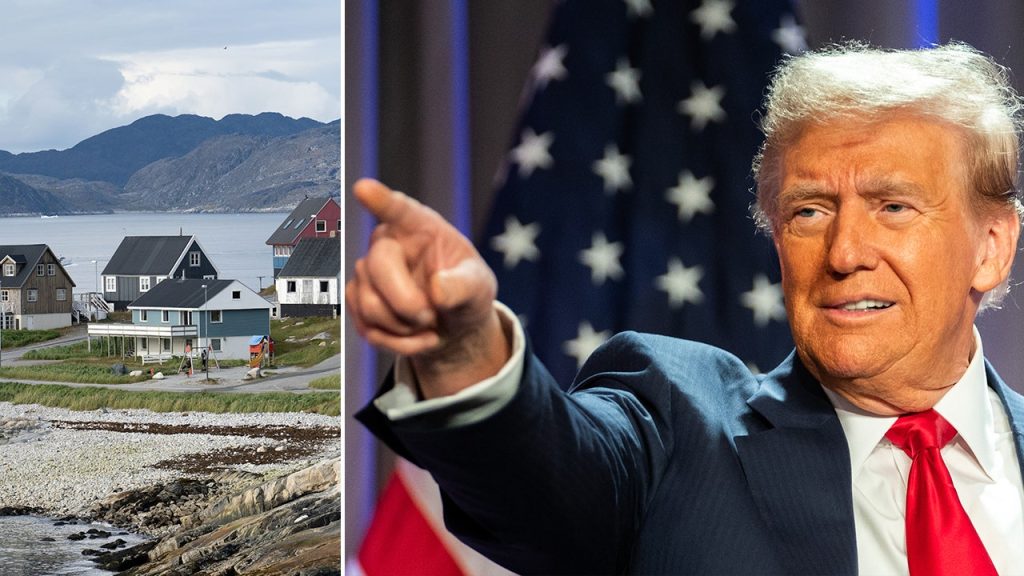Donald Trump’s recent pronouncements regarding U.S. control over Canada, Greenland, and the Panama Canal have ignited international concern and raised questions about his foreign policy approach in a potential second term. These remarks, delivered via his Truth Social platform, deviate significantly from his previously championed “America First” doctrine, which emphasizes domestic priorities over international expansionism. Trump’s statements appear to be driven by a combination of economic and national security concerns, though often presented with unsubstantiated claims and a disregard for existing international agreements and sovereign rights.
Trump’s claim about the Panama Canal centers on alleged unfair pricing practices against U.S. shippers and undue Chinese influence. He has characterized the tolls as “ridiculous” and “exorbitant,” suggesting, without evidence, that China is manipulating the canal’s operations to the detriment of the U.S. Panamanian officials have categorically refuted these accusations, asserting that the canal’s operations are independent of any foreign influence and that toll increases are due to factors such as drought and increased global shipping traffic. These increased costs stem from a severe drought that significantly lowered water levels in the canal, forcing operators to restrict vessel traffic and increase tolls to compensate for the reduced throughput. The situation has been further compounded by global events, such as attacks on vessels in the Red Sea, which have led to rerouting of maritime traffic, contributing to higher shipping costs. Trump’s insistence on reclaiming the canal, which the U.S. relinquished control of decades ago, disregards Panama’s sovereignty and the existing treaties governing the canal’s operation.
Regarding Canada, Trump has floated the idea of incorporating it as the 51st U.S. state, promising significant tax cuts, economic growth, and unparalleled military protection. He has mockingly referred to Canadian Prime Minister Justin Trudeau as “governor,” further underscoring his dismissive attitude toward Canada’s sovereignty. This proposal has been met with predictable resistance from Canadian officials, who view it as an affront to their national identity and independence. Trump’s rationale for this proposal rests on unsubstantiated claims of economic benefits for Canada, ignoring the complex political, cultural, and social implications of such a drastic move.
Trump’s interest in Greenland, a self-governing territory of Denmark, revolves around its strategic location and abundance of natural resources, particularly rare earth minerals. He has declared that U.S. ownership and control of Greenland is an “absolute necessity” for national security and “global freedom.” This echoes his previous attempt in 2019 to purchase Greenland, a proposal that was promptly rejected by Greenlandic officials. Greenland’s leadership has reiterated its unwavering stance on the matter, emphasizing that the territory is not for sale and that its sovereignty is non-negotiable.
The international community has expressed alarm at Trump’s pronouncements, viewing them as destabilizing and potentially damaging to international relations. His apparent disregard for international norms and sovereign rights raises concerns about his commitment to established diplomatic processes. These pronouncements contradict the principles of international cooperation and peaceful resolution of disputes, raising the specter of potential conflicts and tensions if his claims were to be pursued.
The divergence between Trump’s current stance and his previous “America First” policy has left many observers perplexed. The “America First” philosophy generally advocates for reduced U.S. involvement in international affairs and a prioritization of domestic issues. Trump’s renewed interest in acquiring foreign territories seems contradictory to this isolationist approach, raising questions about the overall consistency and coherence of his foreign policy vision. The apparent shift in his stance could be attributed to various factors, including a changing geopolitical landscape, evolving economic interests, or simply a recalibration of his political messaging. Regardless of the motivation, the shift underscores the unpredictability and potential volatility of his approach to foreign policy.


